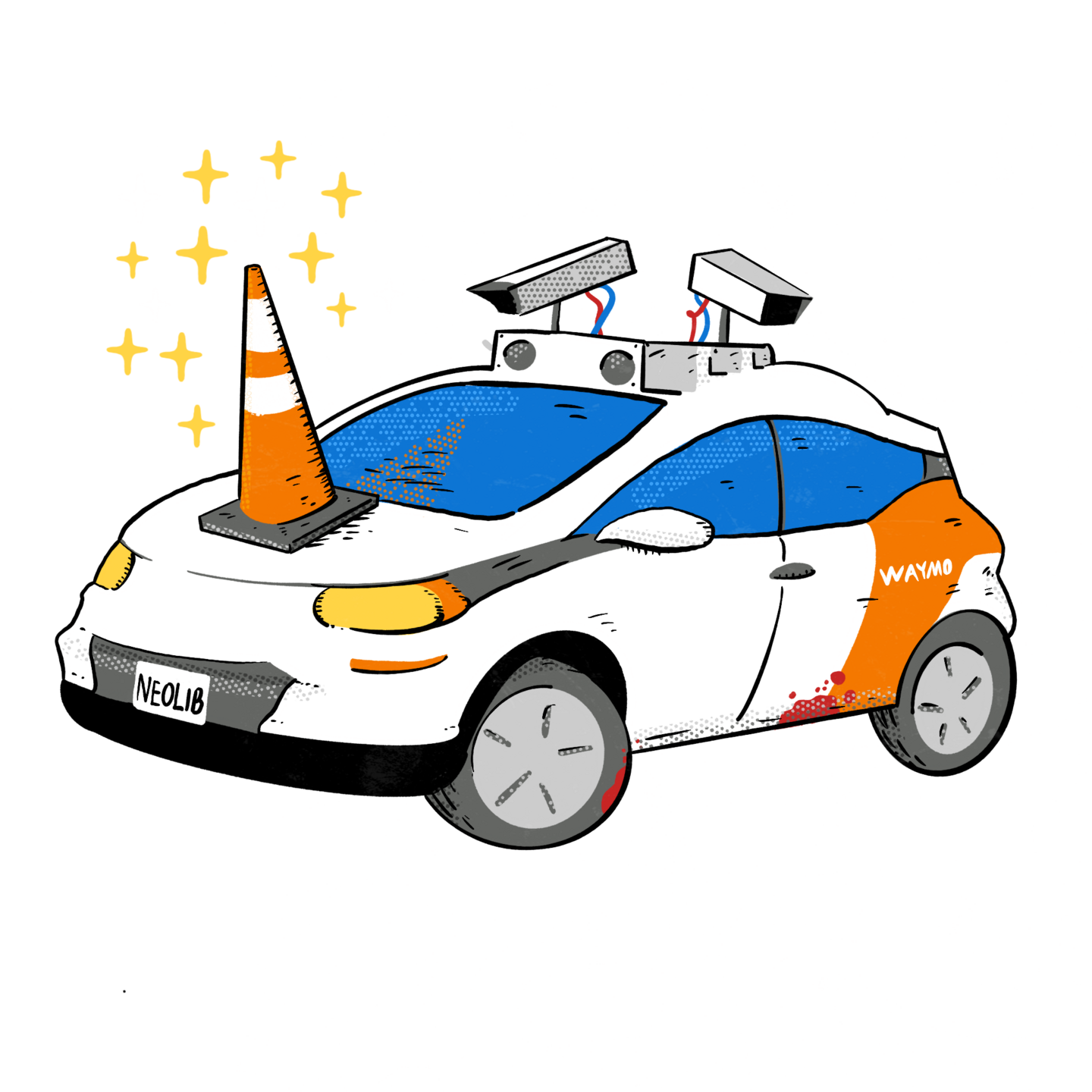
Business Insider – Chinese tech startups quietly stop testing driverless cars on Californian roads
Full original article by Tom Carter from Business Insider
Editors comments: Didi has withdrawn and other Chinese companies have scaled back from the California’s autonomous vehicle testing program. Didi’s exit from California comes amid growing geopolitical tensions between the US and China, with concerns about data collection practices. Plus could be due to public reaction due to Cruise issues.
China’s leading ride-hailing firm has dropped out of a program that allows it to test self-driving vehicles on Californian public roads.
Ride-hailing giant Didi has withdrawn from California’s autonomous vehicle testing program, according to the California Department of Motor Vehicles, as several rival Chinese firms also scaled back their self-driving operations in the state.
A DMV spokesperson confirmed to Business Insider that Didi’s American research arm withdrew from the program in February 2024, and is no longer authorized to test autonomous vehicles in California.
The company obtained a permit to test self-driving vehicles in California in 2018 as part of a wider push into autonomous technology.
It operates an autonomous taxi service using vehicles built by other manufacturers in some parts of Shanghai and Guangzhao — and recently announced plans to produce its own range of driverless “robotaxis” in China by 2025.
The move comes after a rocky few years for Didi.
The ride-hailing firm grew rapidly and frequently clashed with Chinese regulators in the years after it was founded in 2012.
Chinese authorities ultimately banned Didi from taking on new customers until January 2023 after the company went public in the US in 2021, amid concerns over possible leaks of sensitive data.
Didi is not the only Chinese company that appears to be scaling back autonomous vehicle testing in California, or pulling out entirely.
A DMV spokesperson said that five Chinese-based companies — Baidu Apollo, Pony.ai, WeRide, Didi, and AutoX — drove around 130,000 miles on public roads in California between December 2022 and November 2023.
That’s a significant decline from the previous year, when Chinese autonomous vehicle companies conducted over 450,000 miles of testing. Didi’s vehicles only drove 4,000 miles in 2023, per BI’s calculations.
At least three other Chinese firms — Deeproute.AI, QCraft, and Pegasus Technology — which previously had licenses to test in the state, are no longer listed on the California DMV’s site.
A Deeproute.AI spokesperson told NBC that the company stopped testing in California in 2022.
Chinese-owned firms Nio, Black Sesame, and Xmotors.AI do have permits to test autonomous vehicles in California but did not record any testing activity in the last two years.
‘Souring US-China relations’
Didi’s exit from California comes amid growing geopolitical tensions between the US and China.
US lawmakers have raised concerns that Chinese autonomous vehicle companies might be collecting sensitive data whilst testing their vehicles in the US, with several asking Chinese firms including Baidu and WeRide to detail their data collection practices last year.
Republican House Representative Bob Latta described Chinese driverless cars as “an immediate threat to our national security” at a congressional hearing in July.
Autonomous vehicles themselves have also faced growing scrutiny in recent months after Cruise was forced to recall its entire fleet following an accident that saw a pedestrian get dragged underneath one of its vehicles.
Such incidents have sparked a growing public backlash to the technology, with a crowd setting a Waymo robotaxi on fire in San Francisco over the weekend.
“[Didi’s exit from California] could very well be a reaction to souring US-China relations, but that’s been an issue for years now, so I think it may have more to do with the recent issues with Cruise and seeing how California has reacted to it,” John Helveston, professor of engineering at George Washington University, told BI.
He said that public backlash toward autonomous vehicles in cities like San Francisco had increased the risks of negative PR for companies testing the technology on public roads.
“Better to play it safe and experiment in less high-profile areas,” Helveston said.
Didi did not immediately respond to a request for comment from Business Insider, made outside normal working hours.
